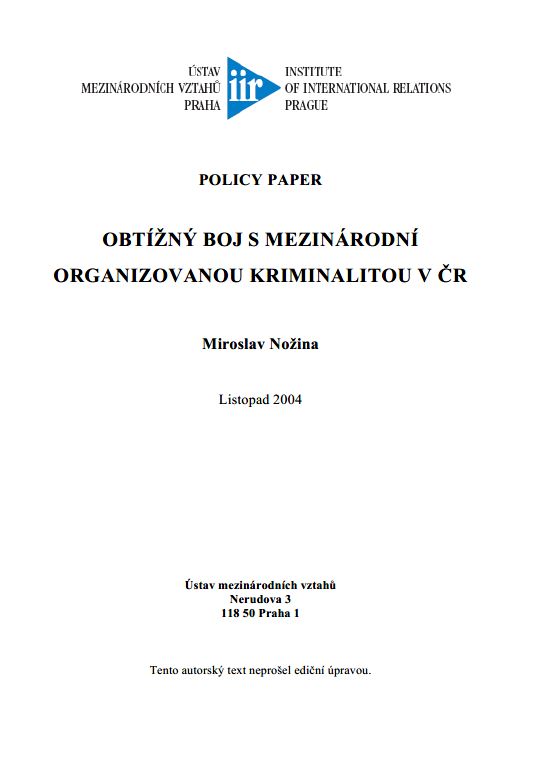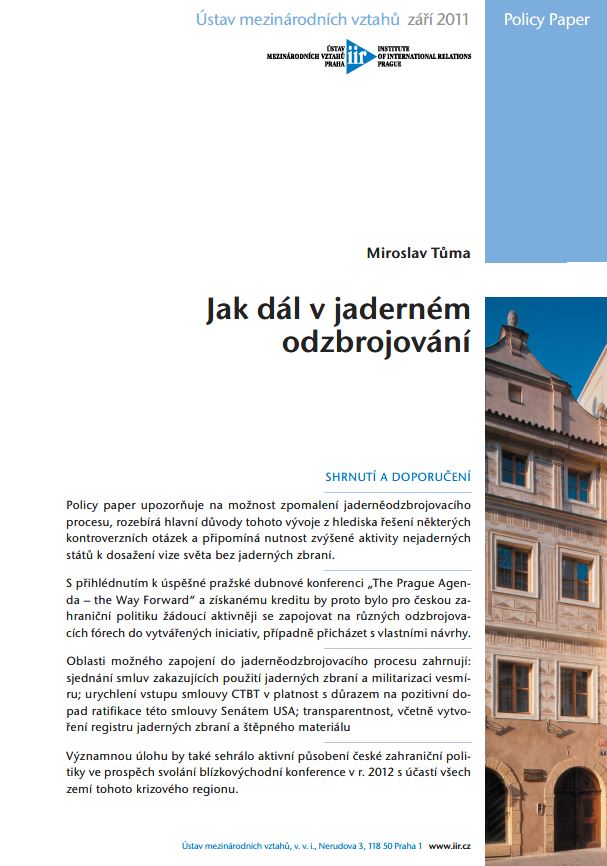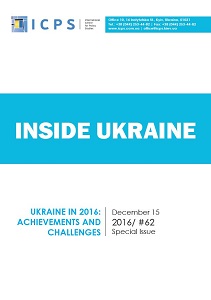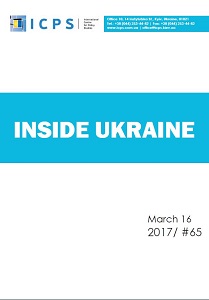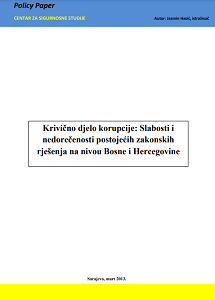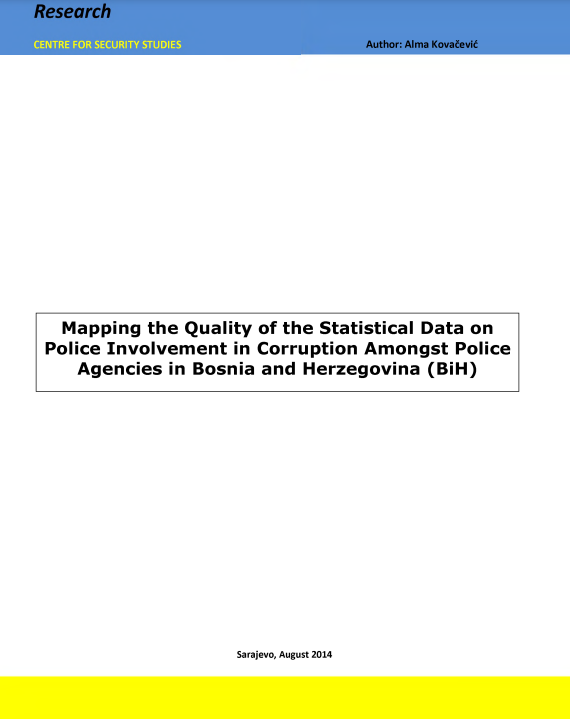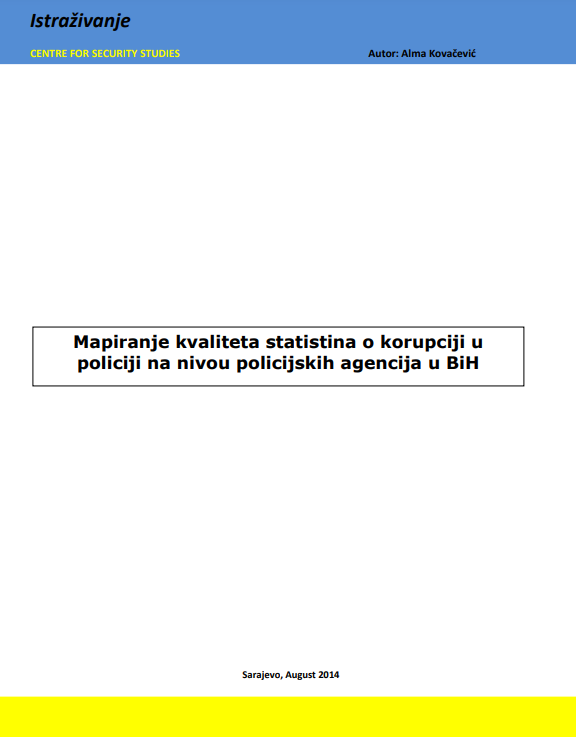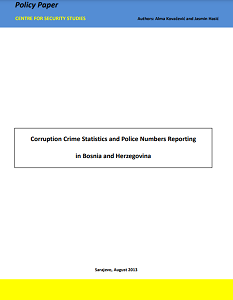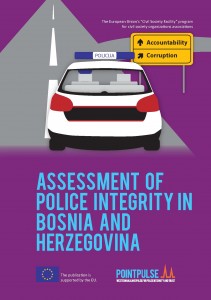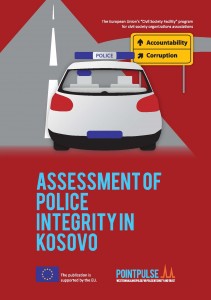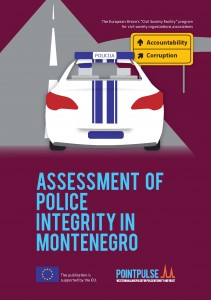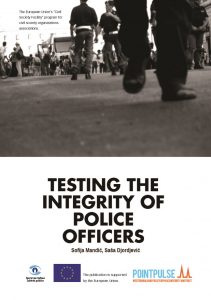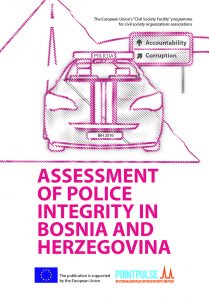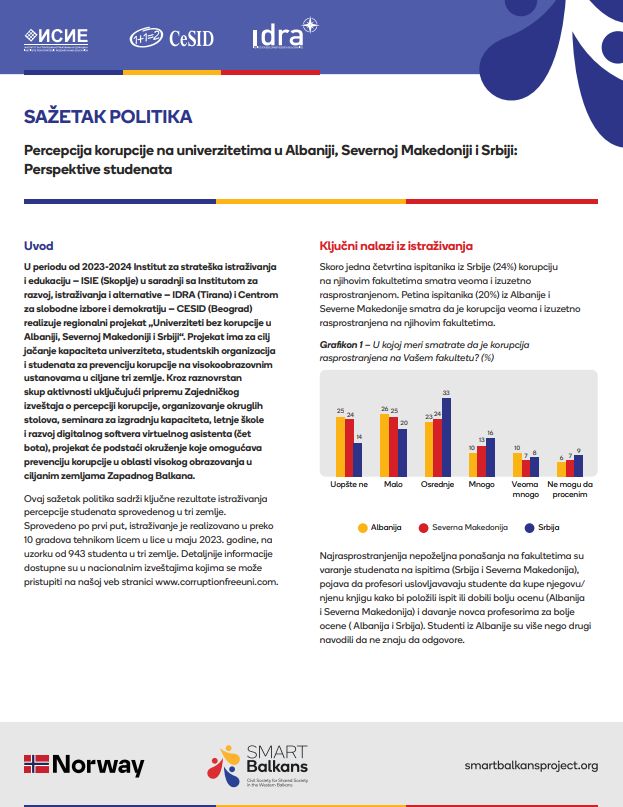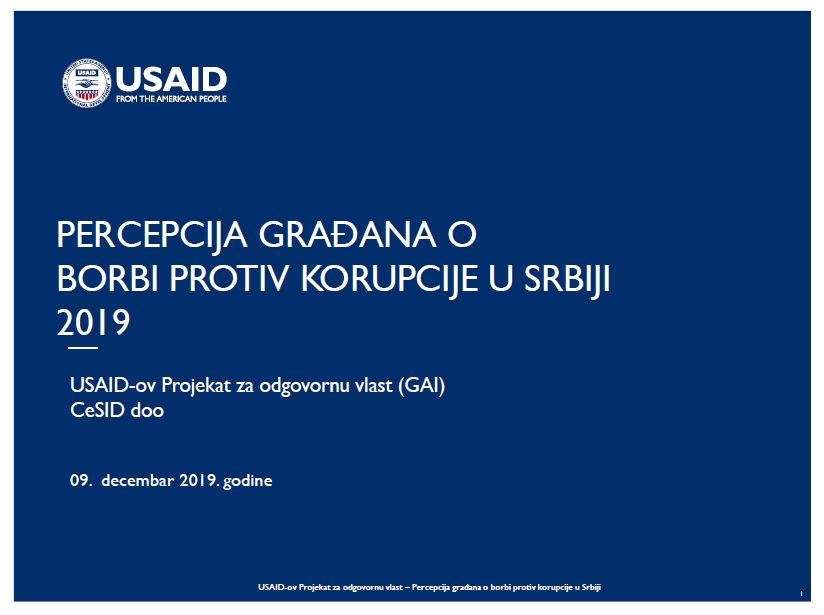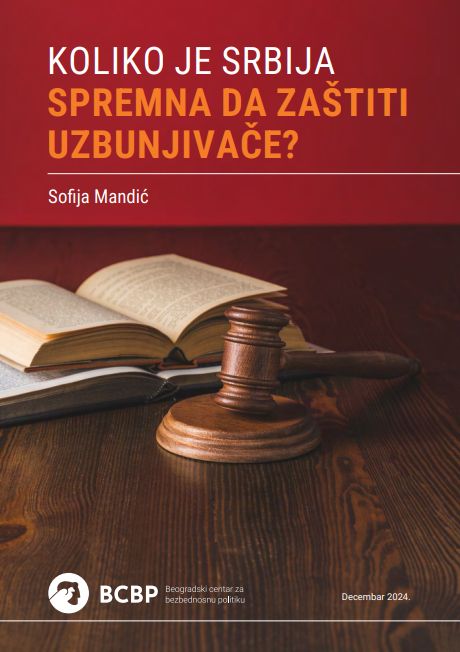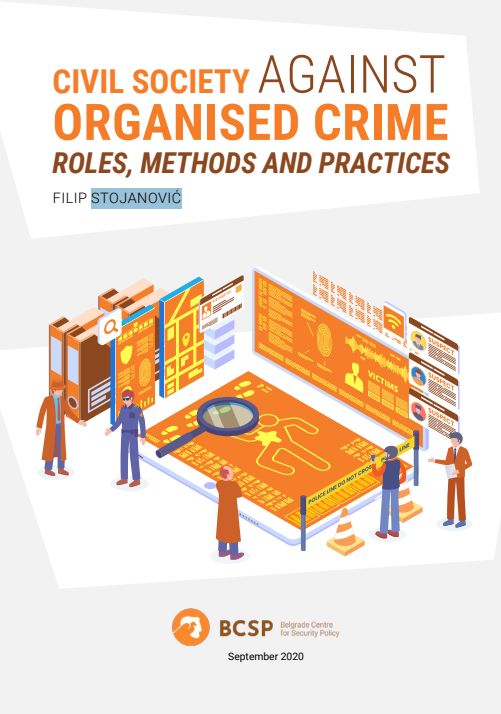Author(s): Sofija Mandić,Saša Đorđević / Language(s): English
The integrity test is an operational police method of covert collection of information, conducted for the purpose of preventing and detecting corruption in the police force. It was introduced back in the ‘70s to combat corruption in the New York Police Department. Although in Serbia it had been continually announced for four years, it was only in 2016 that it was prescribed, albeit imprecisely, by the new Law on Police. Also, no one ever explained which form of the test will be applied in Serbia: the one targeting police officers under suspicion, or the random form, which would apply to all. However, this is not the only dilemma regarding the testing of the integrity of police officers in Serbia, which was publicly described as a “secret operational method that will discover various forms of abuse in the police” and be used to try to “tempt colleagues by offering them bribes.” The concept of integrity, that is, the main purpose for the introduction of such testing in general, is unclear. The test subjects are unknown, and so are the requirements concerning the notification of testing, the consequences of its results and the utilisation, recording and preserving of collected materials. The law does not specifically prohibit encouraging police officers to commit criminal offenses of corruption or other illegal acts in the course of testing. All this will be included in a secondary legislation, which should be enacted by the Minister of Interior Affairs within one year after the adoption of the law – which is, in itself, quite problematic. For example, the integrity test may limit the rights of inviolability of the place of residence, confidentiality of correspondence, the right to work, the right to equal protection, and the right to a fair trial. The Constitution requires that these rights be restricted by a law, not a by-law. The integrity test, as it was designed in the Ministry of Interior and to some extent defined by the Law on Police, in no way fits into the allowed framework which serves to limit the rights, and into the existing rules that apply to criminal proceedings. It is clear that the integrity test will continue to develop in the direction of the confidentiality of operations to be carried out by the Internal Affairs Sector within the Ministry of Interior, which is not a good solution. The Criminal Procedure Code stipulates that covert information gathering methods, i.e. special investigative actions can be undertaken only upon a court decision issued upon a reasoned request of the public prosecutor. The Law on Police does not at all recognise the prosecution and the judiciary as actors in the implementation of the test. As regards the use of evidence obtained by way of integrity testing – they should be treated as illegally obtained evidence.
More...
